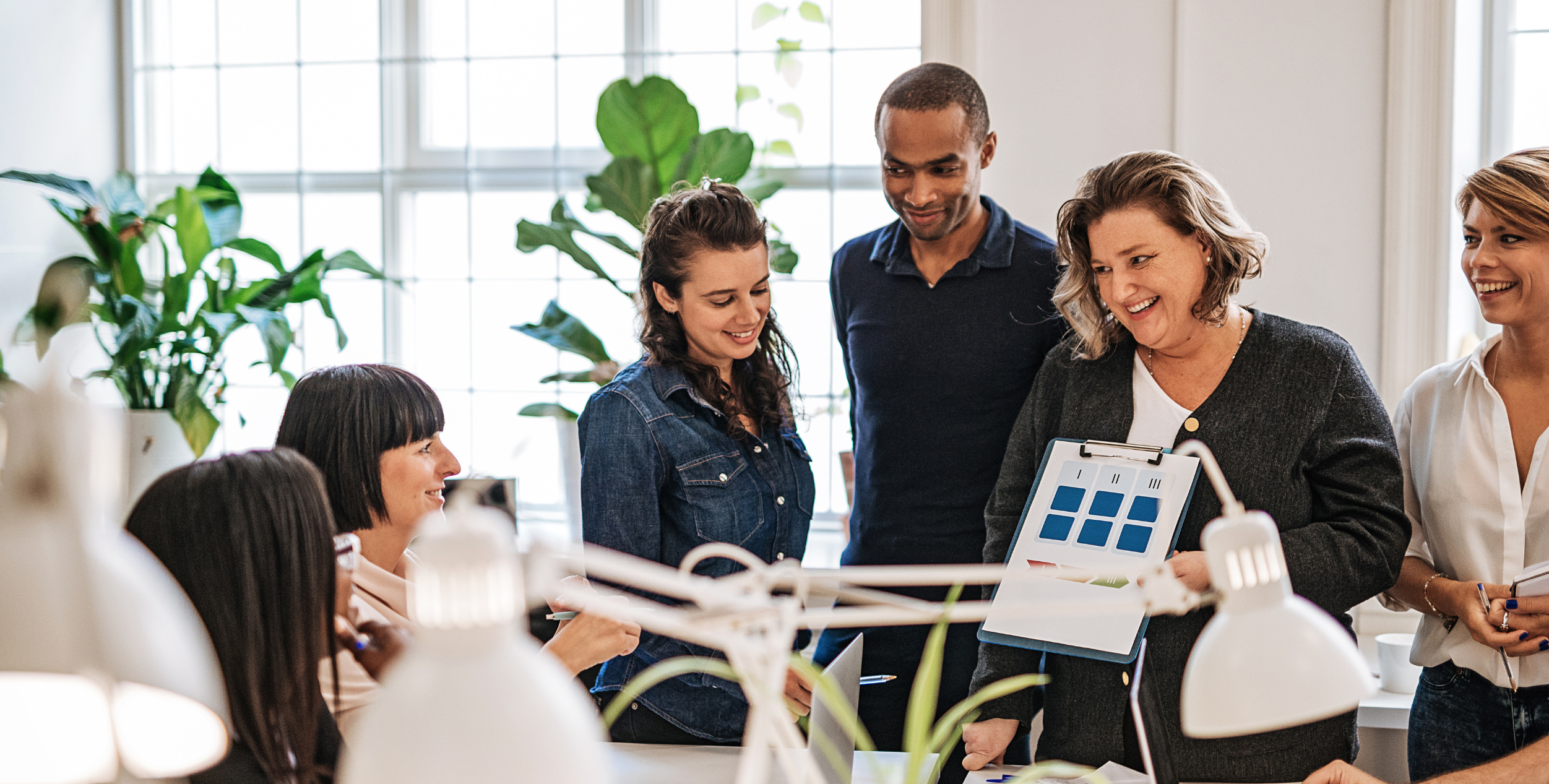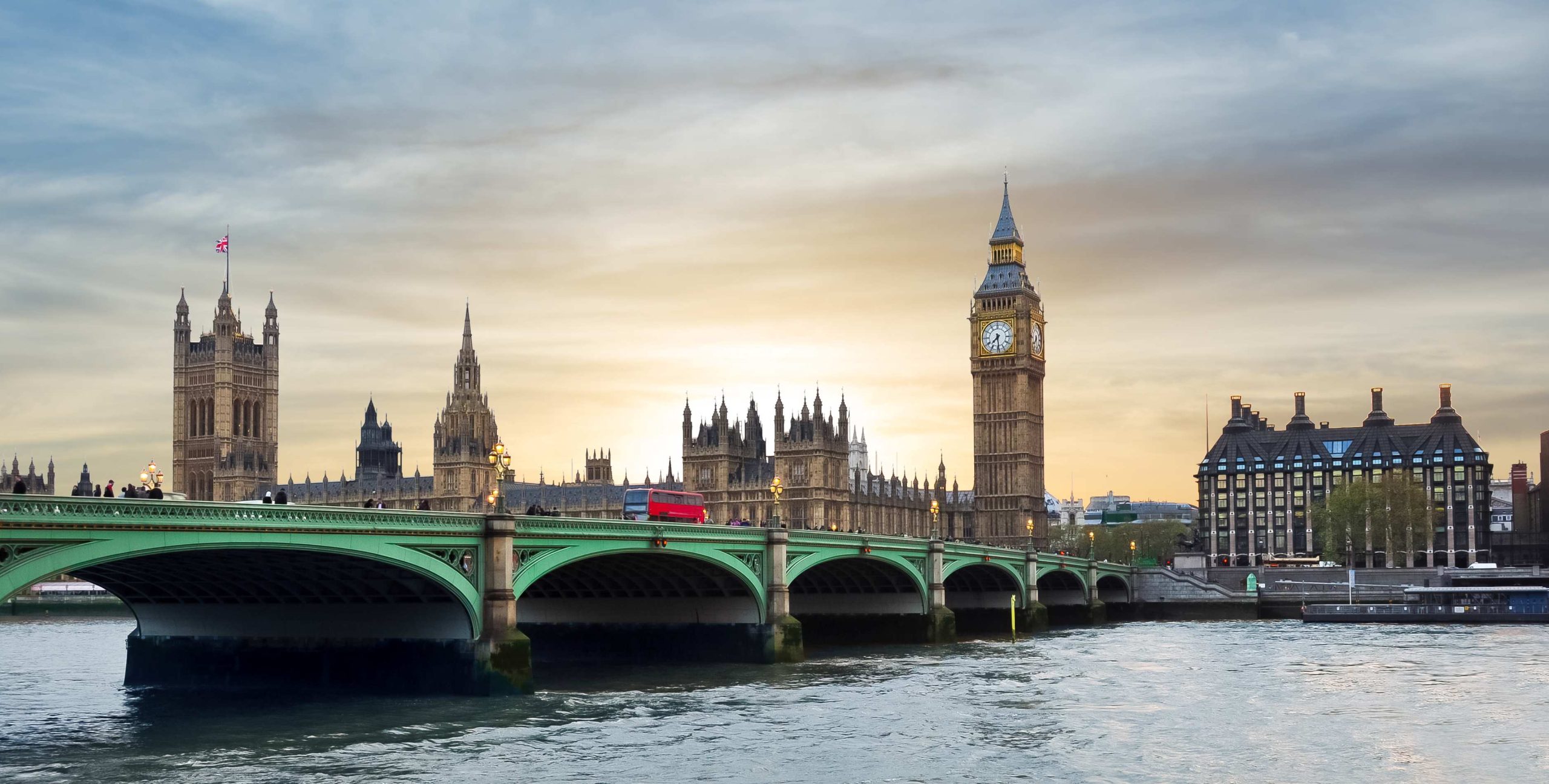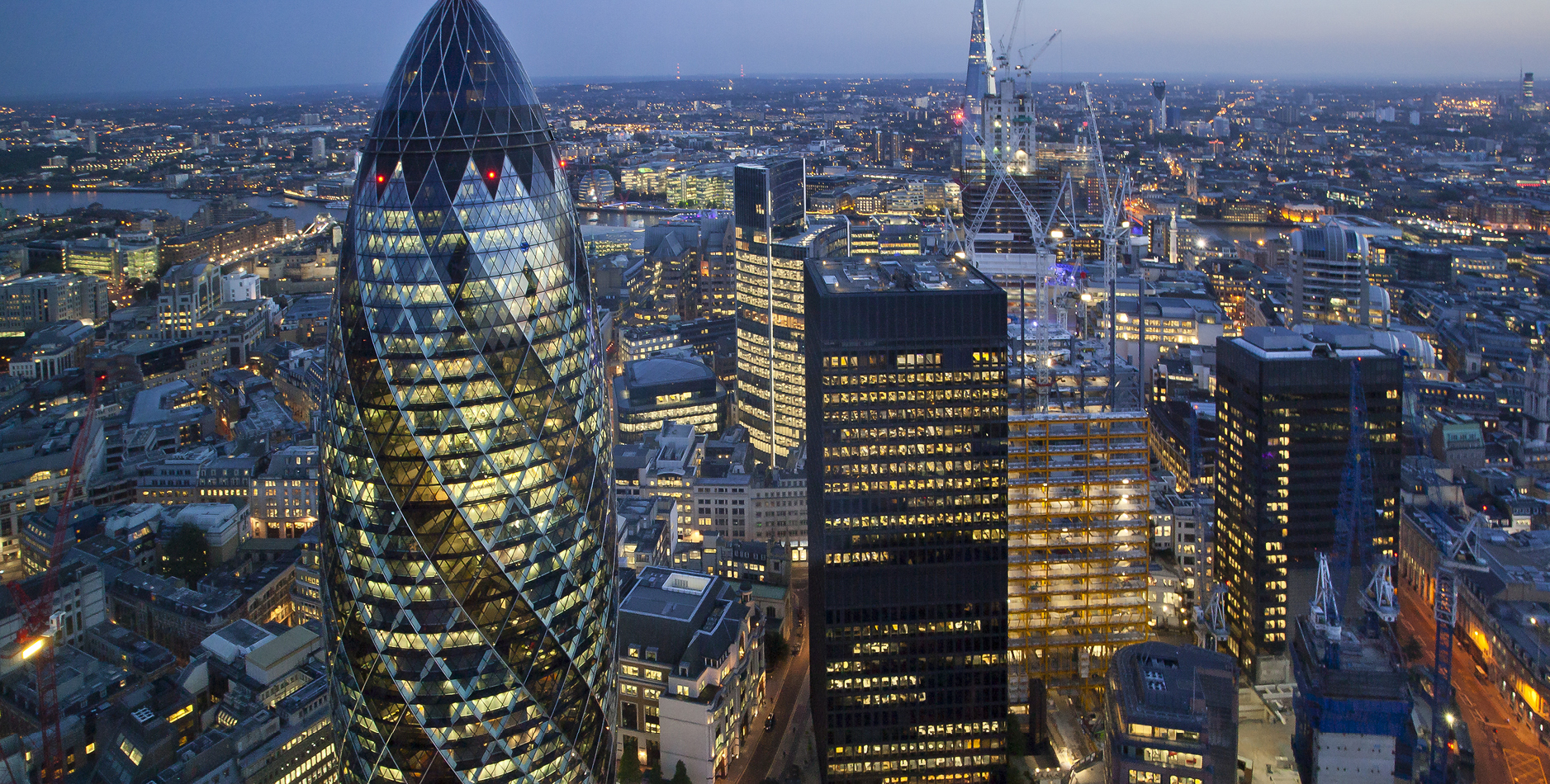What is Responsible Business? – Highlights from the Workplace Confidence Podcast
15th October 2024

ESG, sustainability, corporate responsibility…the phrase options are endless when it comes to discussing the set of standards a business imposes on itself to measure its impacts on society, environment, and which encompasses its governance. But why have we at Davies shifted from calling it ESG to creating an entire Responsible Business function to represent these core business elements?
This was the starter question for me while speaking recently on the Workplace Confidence Podcast—a podcast hosted by hosted by award-winning motivational speaker, and MD and Founder of Bit Famous, Penny Haslam. Throughout our discussion, we covered a lot of ground, my experiences that led me to a senior position in the corporate world, what viability means to me, and delving deeper into my People, Planet, Purpose strategy underpinning Davies’ Responsible Business strategy. So, for October’s Responsible Business blog, I wanted to share some of these key talking points.
1. ‘Responsible business’ is all-encompassing
As the Global Responsible Business Officer for Davies, I’ve spent a lot of time translating buzzwords around responsible business, or what we used to refer to in the business as ‘ESG’. That’s because, the phrase we collectively use to refer to the topics covered in this realm has been under a lot of scrutiny from both a political and cultural standpoint.
However, speaking with Penny on the podcast, I explained how at Davies we see responsible business as viability—frequently asking myself and my colleagues: “how viable is our business?”, whether that’s financially, or economically, or even product-specific. Viability covers everything you do as a business, and for us at Davies, we needed a term that encompassed that. Hence, the birth of our Office of Responsible Business, and our responsible business strategy and reports. By bringing in this new term, I’m keen to demonstrate that our efforts are focused on acting responsibly within every aspect of our business, because that’s exactly what we’re doing.
2. Client expectations and regulatory obligations are key drivers
Penny raised a great question during our conversation in terms of how my role works—more specifically, how I go about setting and executing responsible business initiatives and goals. And people may be surprised to hear that nothing I propose to my colleagues comes from a “nice to have” viewpoint or with my own agenda. Rather my work is heavily driven by our client’s expectations, and, of course, regulatory requirements and my colleagues’ needs.
I take action directly from what I’m seeing and hearing from our bottom line. For example, I will approach business leaders with percentages of our clients that have environmental reporting requirements, the costs of us doing this, and how much business it will cost us if we ignore it. And this makes for an extremely compelling case, because these numbers speak for themselves!
3. Desensitising DEI conversations is sometimes necessary
If you read last month’s blog on the key takeaways from my fireside chat with the Forum of Insurance Lawyers (FOIL), then you’ll already know that with DEI generally, we’ve collectively reached a sticking point where the progress within our industries has gradually slowed, in part due to the backlash DEI terms and phrases are receiving from people who feel they’ve become overused, and are faced with confusion over what phrases may or may not offend somebody.
It’s certainly sad to see that we’ve reached this point, and I’m highly focused on ensuring Davies continues to make positive progress. I believe that comes not only from desensitising conversations around DEI but also engaging allies who know how to advocate for other people. It seems that a lot of people are so unsure about what to say, they don’t just say anything at all—and what we want is to continue encouraging people to speak on these important topics, by having others who can educate in a genuinely helpful and non-judgmental way, rather than reprimanding.
It’s evident that “cancel culture” is holding people back from trying with DEI. So, to keep our business moving forward with this, and to continue fostering a diverse and inclusive workplace, we’ll be running a series of culture feedback workshops that facilitate two-way conversations about it and build on the culture piece to make it easier to implement changes and keeping up our progress.
4. Culture is everybody’s job
During our chat, Penny highlighted how it must be difficult for us to build one type of culture given we have so many different professional services companies underneath the Davies name. However, for me the most challenging part is that you can’t dictate values to people, everybody has their own. And this is true for whatever size of business.
At Davies, we see ourselves as united by the overarching business goals. For example, our company is driven by our Group CEO, Dan Saulter’s, core ideology of “championing the diversity of thought”, so continually progressing in DEI is a non-negotiable for us.
Our 8,500+ employees have a range of different backgrounds, talents and values themselves—we have claims handlers, lawyers, actuaries, consultants and many other types of job role, with our people spread all over the world and interacting with our clients in different ways. So, understanding the nuances—which is the thing that makes culture seem complicated—is crucial. Ultimately, culture is everybody’s job, it’s not solely down to me. I can look at the strategy and help advise on it, but it takes a community to build and maintain or change if or when needed.
5. Young people are leading on a new workforce dynamic
Generational attitudes in the workplace have been shifting for some years now. We saw these changes peak during, and post-pandemic when the power dynamic between employee (or jobseeker) and employer shifted in favour of the employee. Leading on from our discussion around culture, I discussed with Penny how it’s human nature to have prejudices and biases—we can’t help having these, but we can certainly work on trying to change them and ensuring people’s biases don’t overrule doing the right, and fair thing. And the younger generations are showing themselves to be much more accepting of things prior generations can have trouble grasping the importance of.
At Davies, we have our Talent Solutions arm, where we source and train thousands of apprentices for insurance firms—and through this, we’re definitely seeing more of our younger applicants far more attracted to companies that hold the same ethical values as themselves. And it’s refreshing to see young people so passionate about it—this is the kind of thing that will help move us forward.
You can listen to the full episode of my chat with Penny on the Workplace Confidence Podcast at https://bitfamous.co.uk/what-is-esg-people-planet-purpose-at-davies-gillie-fairbrother/. If you have any questions, or would like to hear more from me, you can catch me on LinkedIn.
Keep up to date with my monthly Responsible Business blogs on the Davies knowledge hub, or keep an eye on our LinkedIn where we share direct links to each new monthly blog in this series.
Related Articles
-
- Article
- Claims Solutions
- Legal Solutions
- Insurance Solutions
- Consulting
- Technology
People, Planet, Purpose: Introducing our new ESG strategy
Just a few weeks ago, our new ESG strategy was launched…
-
- Acquisition
- Legal Solutions
Davies adds international commercial and maritime litigation expertise to its legal solutions arm through the acquisition of Shoreside Law
26th March 2024, London: Davies, the leading specialist professional services and…
-
- Interview
- Insurance Solutions
The Asta Interview with Lorraine Harfitt
In the latest Asta interview with Lorraine Harfitt, our CEO, we…


